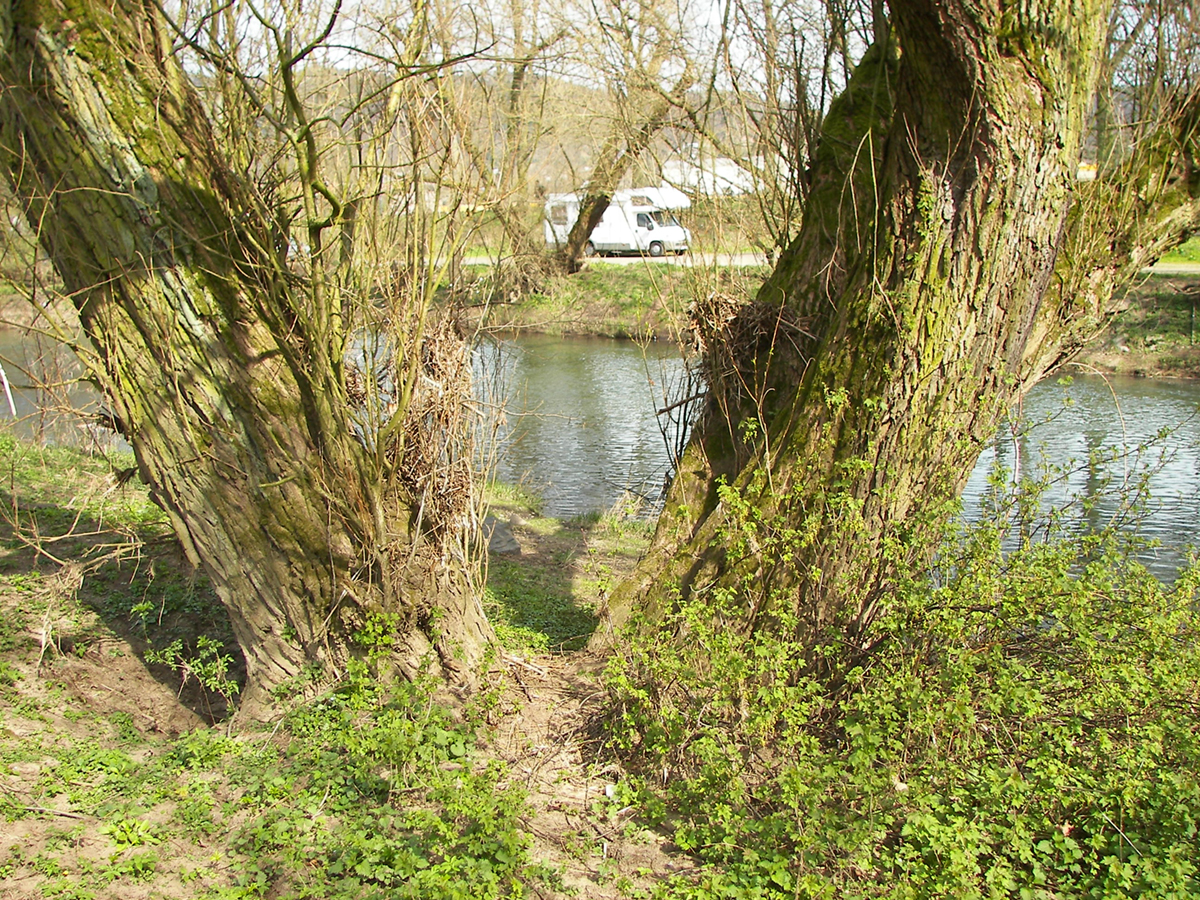
Information on White Willow
White willow tree is a species of willow and it is also sometimes referred to as salix alba. It originates from Europe and Asia. It is a fairly large deciduous tree and it can be up to 75 feet in height. It is referred to as the white willow because the undersides of its leaves have gentle white hair which gives them a white appearance.
The bark and the leaves of the white willow tree can be used for numerous medicinal purposes and they provide the human body with numerous health benefits. The bark of the white willow tree is very efficient in relieving body aches and painful sensations and it works almost like Aspirin. Sometimes it may also be associated with certain unwanted side effects, but they usually occur due to prolonged or excessive use of the bark.
White Willow Bark Benefits
White willow bark has been used ever since the times of ancient Greece and ancient Egypt because it is very efficient in relieving inflammatory conditions, body aches, fever and painful sensations. All of its health benefits are derived from its active chemical compound called salicin. It has been isolated in the 19th century by Raffaele Piria and Henri Leroux.
The compound converts into salicylic acid quite easily and the acid is among the most common treatments for fever and painful sensations. The human body converts the compounds and the bark then shows its Aspirin like properties. In some cases it may even be more effective than Aspirin.
White willow bark is known for its febrifuge, anti rheumatic, analgesic and anti inflammatory qualities so it is very beneficial in the treatment of fever, inflammatory conditions, headaches, carpal tunnel syndrome, flu, osteoarthritis, back pain and rheumatoid arthritis. It can also come in very handy when it comes to reducing the risk of strokes and heart attacks because it is an excellent blood thinner.
White Willow Bark Side Effects
Aspirin can be associated with an irritated gastrointestinal tract, so that is why some people opt for white willow bark instead. White willow bark can also be associated with certain types of side effects, if not used in a proper manner. People who are allergic to Aspirin should also avoid white willow bark.
The list of side effects triggered by white willow bark may or may not include upset stomach, breathing difficulty, stomach ulcers, swelling, stomach bleeding, itching, nausea, increased heart rate, vomiting, abdominal pain, abdominal cramps, difficulty in urinating, ringing sensations in the ears, pain in the back, irritation of the gastrointestinal tract, drowsiness, headaches, excessive sweating, dizziness, fever and liver toxicity.

















Your thoughts on this
Loading...